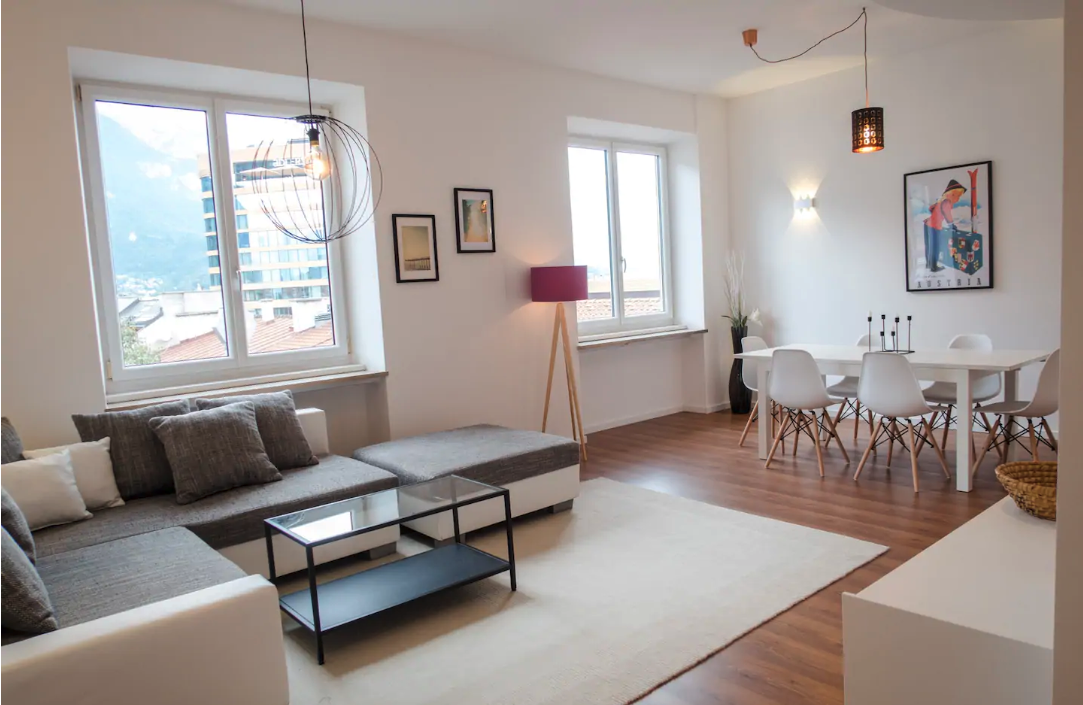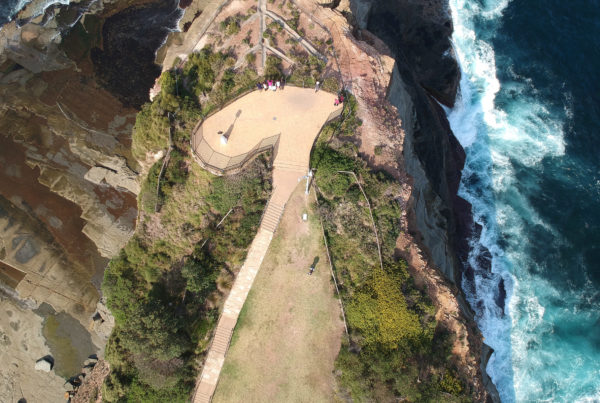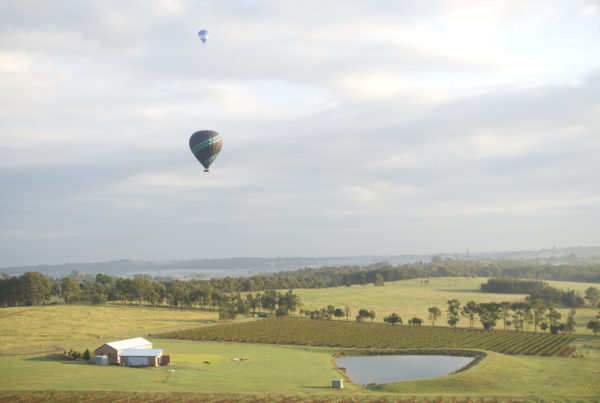This post is sponsored by SafetyWing. All opinions are 100% ours!
So, you want to be a digital nomad.
Shortly after getting married in 2018, that’s exactly what we wanted to be as well. After all, what’s not to love about being able to work remotely while enjoying some of the best places to live in the world?
We imagined ourselves moving from one city to the next every two to three months, soaking in culture after culture and expanding our library of good stories to tell.
So we decided to give it a try, spending two months in Europe working and living across Greece, Hungary, Austria, and Germany.
To be sure, we enjoyed ourselves immensely.
But we were only able to enjoy ourselves because we did a lot of preparatory work beforehand. If we had rushed into it, we might have spent a good part of our time there angry and frustrated.
And we would have lost a chunk of change because of a couple of car mishaps along the way. More on that in a bit.
If you’re considering embarking on your digital nomad journey, this checklist will likely save you a bunch of blood, sweat, and tears.
1. Secure steady remote work
By the time we flew off to Greece, we were already running a fully distributed company called With Content. Daniel had founded this content marketing agency in late 2017 knowing that we were eventually going to be living overseas, and hence built it in such a way that all its operations could be run from anywhere in the world.
As such, we could go about our day-to-day activities without worrying if we’d be able to afford our next meal or attraction.
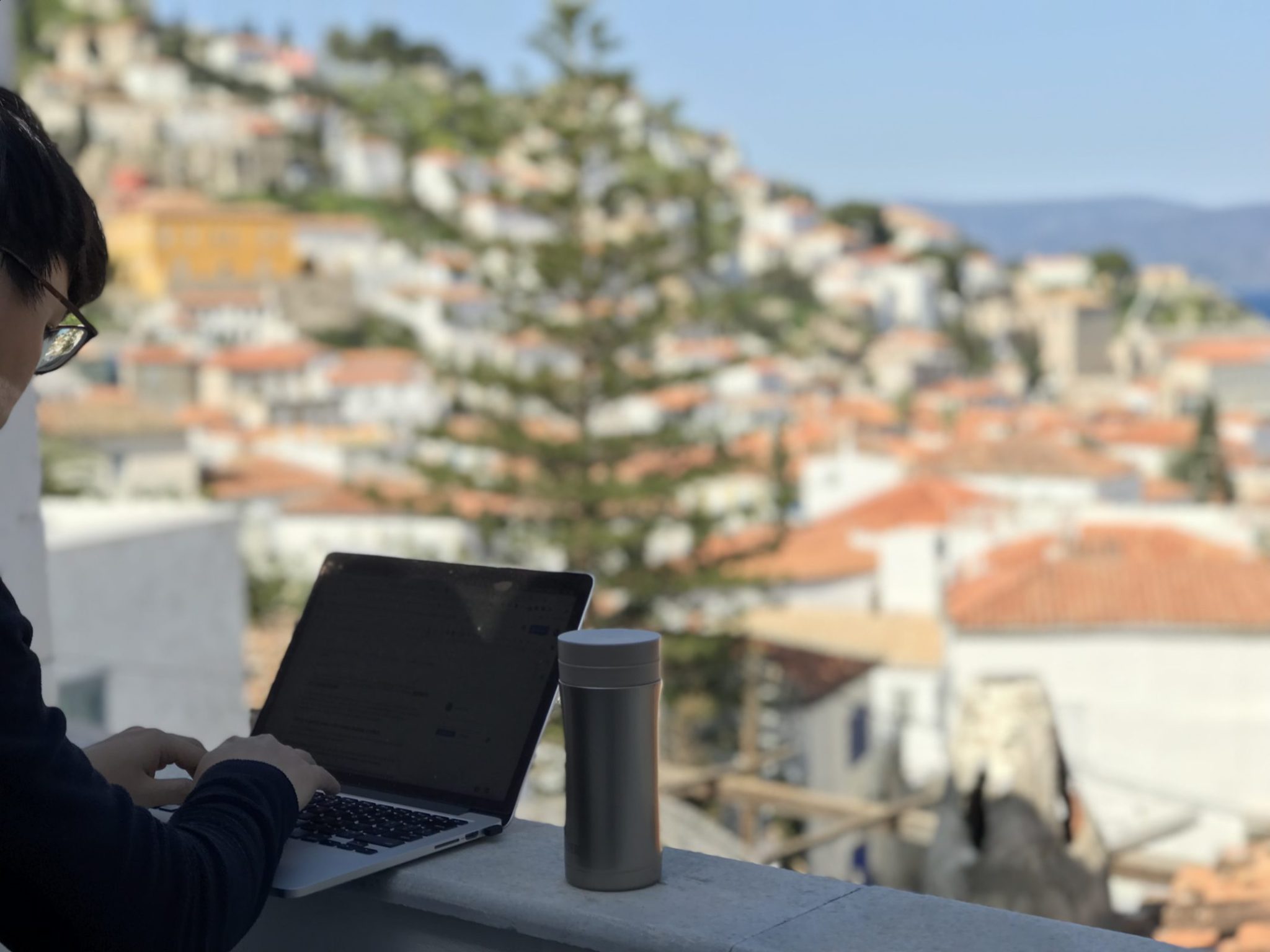
Without a remote job or steady stream of freelance work, you’re likely going to be spending most of your time fretting over cashflow, digging through job boards, and sending out your CV instead of enjoying the world (and people) around you.
It’s also important to ensure that your bosses and colleagues are completely onboard with the idea of you working remotely. The fact that you’re constantly on the move – and likely in another timezone – means that the way you and your teammates communicate and collaborate will probably have to change.
In fact, I’d highly recommend joining a remote-first company instead. Check out remote job boards such as We Work Remotely, Remotive, and RemoteOk.
2. Make sure all your paperwork checks out
The best part about being a digital nomad in Europe is their visa situation. Most European countries fall within the Schengen Area, which is an EU passport-free zone. Having a Schengen visa allowed us to “travel to any members of the Schengen Area, per stays up to 90 days for tourism or business purposes.”
In other words: all we had to do was to secure the Schengen visa, and we could go anywhere we wanted in Europe worry-free. Right?
As it turns out, not really.
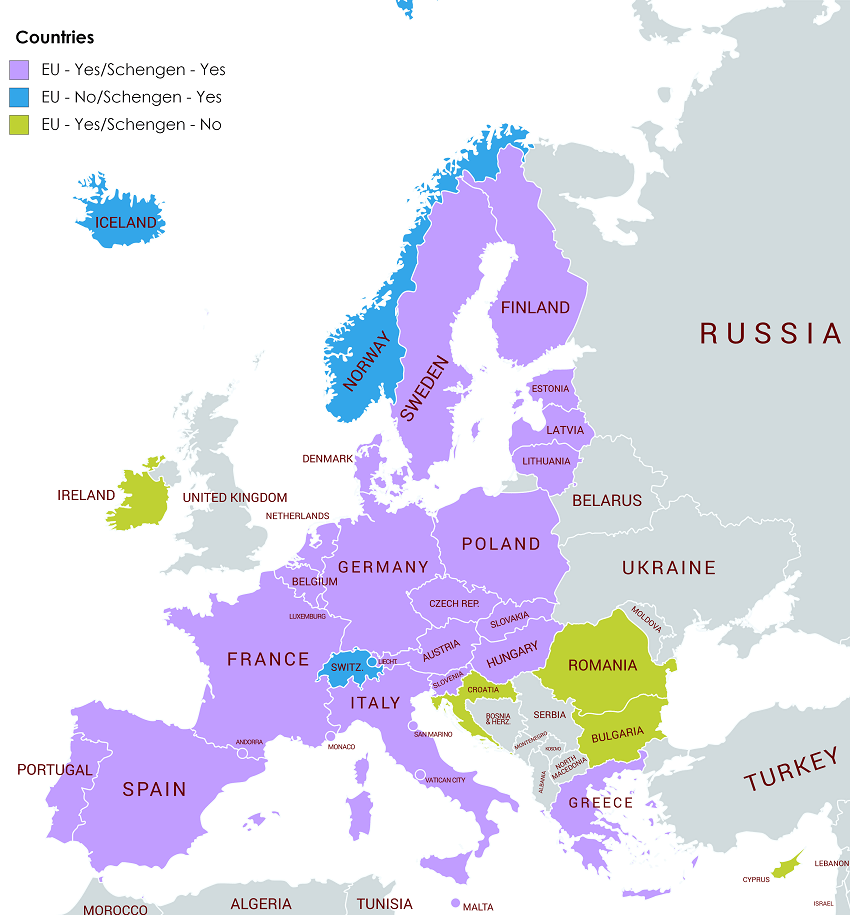
Initially, we were planning to go from Greece to Hungary by driving through Macedonia, Albania, Montenegro, and Serbia.
As you can see from the map, all of these countries are not part of the Schengen Area.
In addition, we found out that few car rental companies would allow their cars to be driven across the Greek border. The few that did required a hefty fee for that privilege.
So it’s critical to make sure that your paperwork supports your plans every step of the way – and even covers unforeseen circumstances.
In particular, you should ensure that you are covered by travel insurance wherever you go. As a digital nomad, you are a foreigner in any country you (temporarily) reside in, and having a safety net will help to soften the blow in the event where things go south.
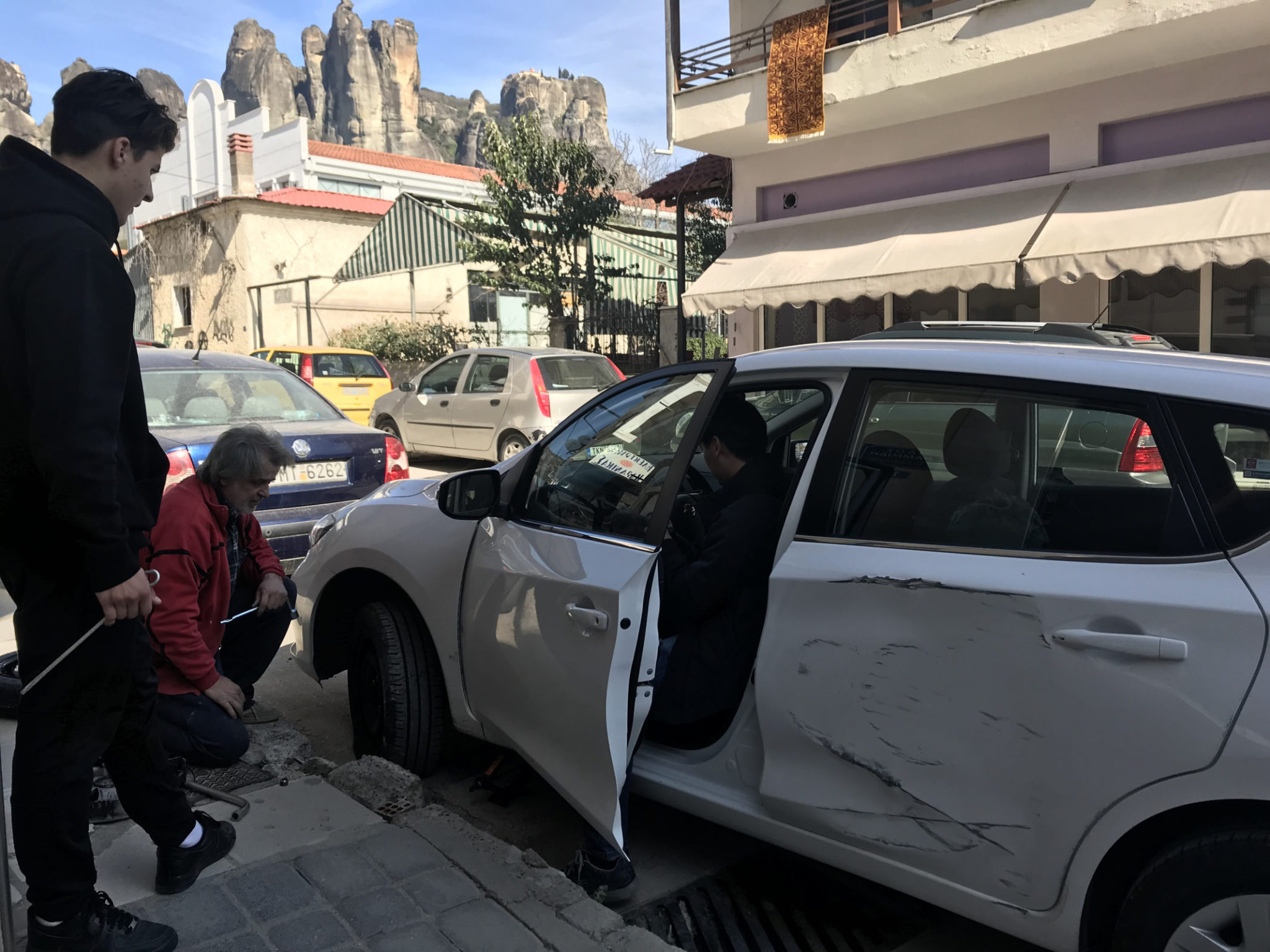
That’s exactly what happened to us during our Greece road trip. Having driven cross-country in places like Hokkaido and Tasmania, Daniel is a pretty confident driver, but even he couldn’t avoid a couple of accidents during the two weeks that we were there, which resulted in a huge dent on the passenger door and a flat tyre.
Thankfully, no one was hurt, and the annual insurance we had purchased covered most of the rental vehicle excess that we had to pay.
The annual travel insurance plan that we picked for this trip was from Allianz, giving us “cover for all journeys made during the year to the geographical area you have selected, up to a maximum of 90 days per journey.”
This was suitable for our needs as we were only going to be in Europe for 60+ days. However, if you are planning to stay somewhere for more than 90 days, or are unsure of when you are going to return home, you might want to pick a digital nomad-friendly travel insurance like SafetyWing.
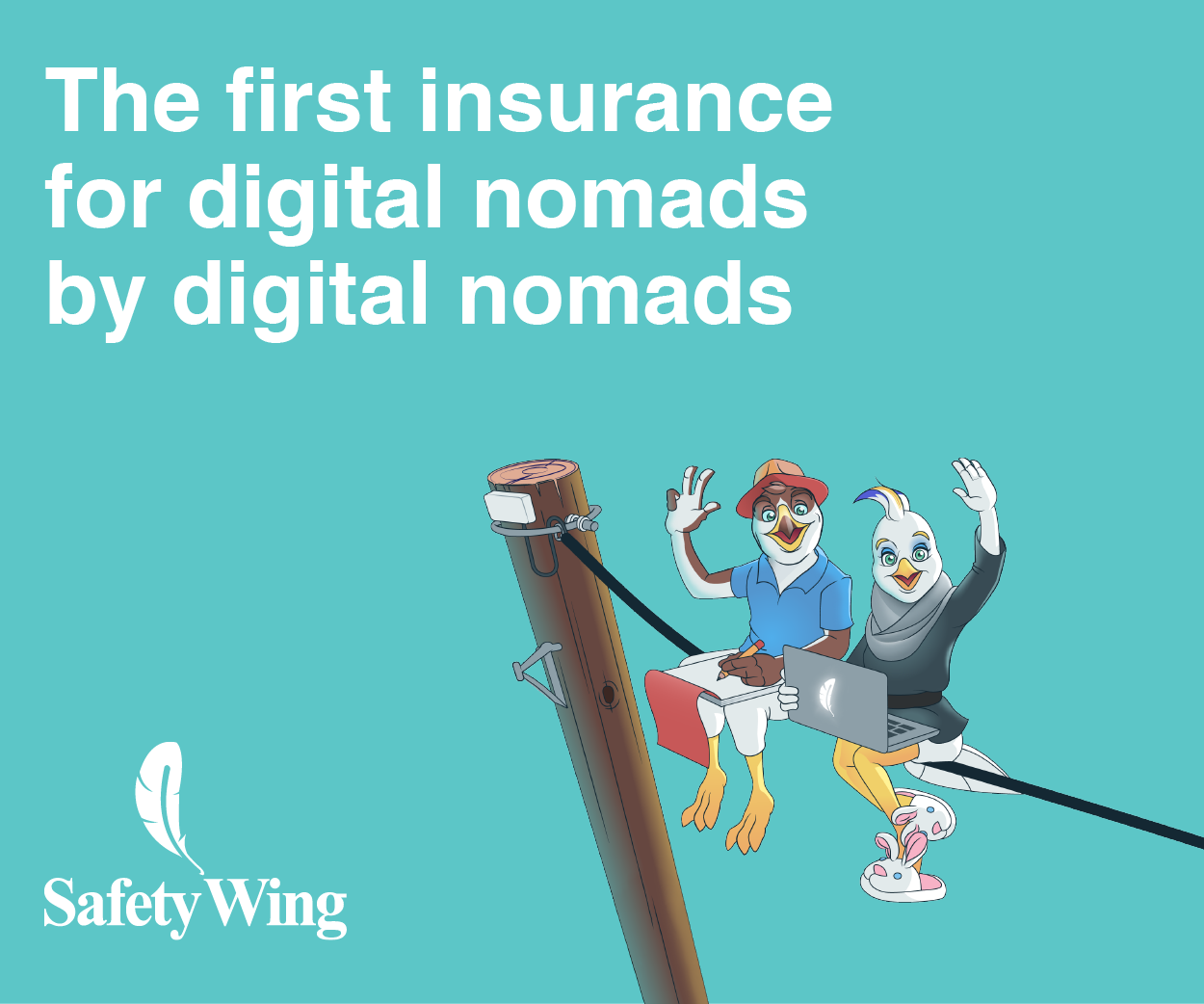
As far as I know, they are the only insurance company with worldwide coverage (as well as limited home country coverage for up to 30 days every 3 months) that bills you on a monthly basis. This means that you won’t be locked into a policy for a limited period of time upfront.
Now that we will be based in Chiang Mai for more than a year, this would make a lot of sense. Since SafetyWing is available for purchase in 180 countries – including Thailand – and can be purchased even while you’re on the road, we are definitely considering giving it a try.
SafetyWing also offers one of the cheapest travel insurance options tailored to digital nomads, starting at US$37 per month – about a third of the price that most comparable companies charge.
The insurance includes medical coverage if you are suddenly in an accident or fall sick. It covers hospital, intensive care, ambulance as well as urgent care and emergency dental. The travel coverage includes travel delay, lost checked luggage, emergency response, natural disasters, and personal liability insurance.
If you’re interested in giving SafetyWing a shot, you can get a quote here.
3. Find accommodation that is conducive for work
Remember, you are not on perpetual holiday. Even though you’re going to be in a new and exciting part of the world, work still has to be done, and you need a proper workspace to get on it.
In Europe, it is surprisingly hard to find free, unlimited wifi in public areas. In Chiang Mai (where we are currently based), however, shopping malls and cafes abound with Internet connections. So whether you can work outside or not would highly depend on the city you’re living in.
Because of this, it is important to ensure that the apartment or house that you live in is conducive for working. That means that it should have a decent wifi connection, a table to work on, and sufficient plugs to charge your devices.
On Airbnb, you can automtically filter for such places by indicating that you are travelling for work:
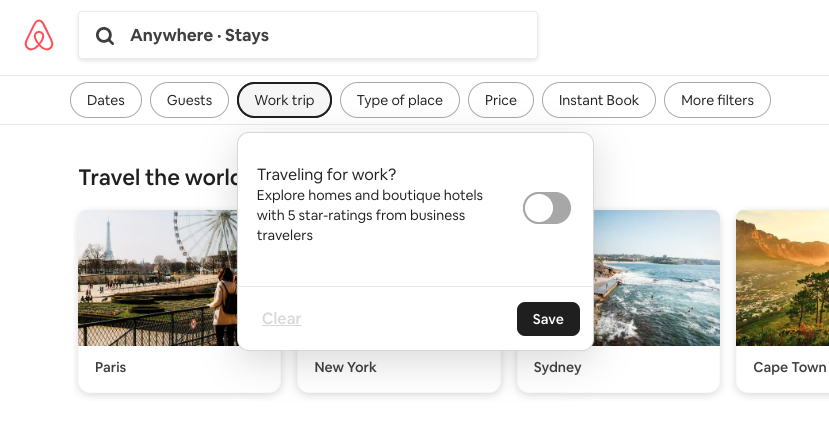
For instance, here’s one of the Airbnb apartments we stayed in at Innsbruck, Austria:
Huge work table? Check. Amazing views? Check. This was one of our favorite Airbnb apartments to work in!
Expect the unexpected
Finally, while becoming a citizen of the world might sound sexy, the reality is that you’re actually more of a man (or woman) without a country.
You’ll constantly be out of your comfort zone, things may go wrong, plans will not turn out as you want them to – and you need to be okay with that.
So while it’s important to prepare all the aforementioned items, its even more crucial to prepare yourself mentally for anything.
In those moments, remember why you’re doing this – to live life on your own terms – and roll with the punches.
Happy digital nomading!



